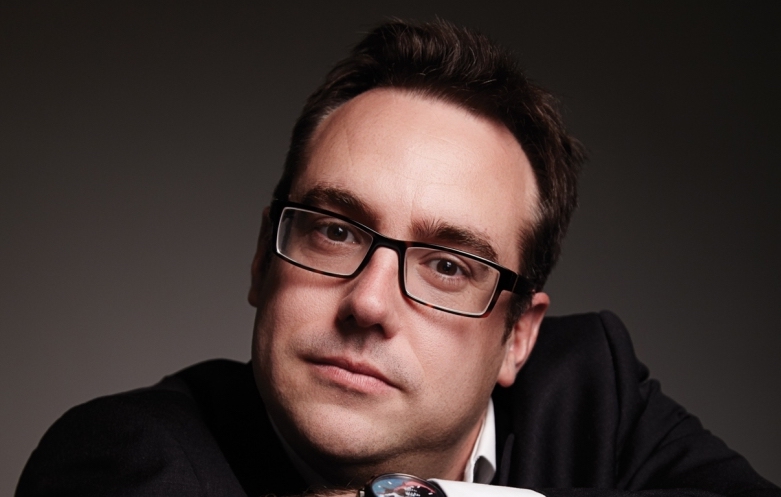Age: 38
Job Title: Professor and Associate Dean, Faculty of Nursing, University of Alberta
Why He’s Top 40: He’s become a world leader in research for secondary prevention of cardiovascular disease by focusing equally on the human mind and body.
Key To Success: “I always believed that the real opportunities in life blindside you on a Thursday afternoon.”
Dr. Alexander Clark loves research. “Ideas,” he says, “are fun.”
When he arrived at the University of Alberta’s Faculty of Nursing in 2003 with a freshly minted PhD from the Glasgow Caledonian University, a short drive from the Scottish village in which he grew up, he had already garnered a reputation. It wasn’t for his youth – though he was 20 years younger than everyone else – but for researching the complexities of cardiovascular diseases in ways most professionals hadn’t before.
“There’s a great psychosocial adjustment to being, all of a sudden, someone with a heart disease. It’s hard for us to understand what it would be like,” says Clark. “By looking at the same people over time I could map out how their behaviours changed over time [and] tell their stories in the way that when you read a good novel or watch a good film, you can reach a higher level of understanding about an experience you’ve never had.”
Medical professionals sometimes need that “artistic” level of understanding more than the “superficial labels,” such as “the prevalence of stress and anxiety,” he says.
Clark’s communication flair is what’s often lacking from the sciences. The intersection between art and science is why he chased a nursing education in the first place. Well, sort of. “I knew I loved nurses, just socially, and I like the mix of art and science, so it was serendipitous that I ended up in nursing. It wasn’t a life’s ambition.”
But he’s since made it one.
